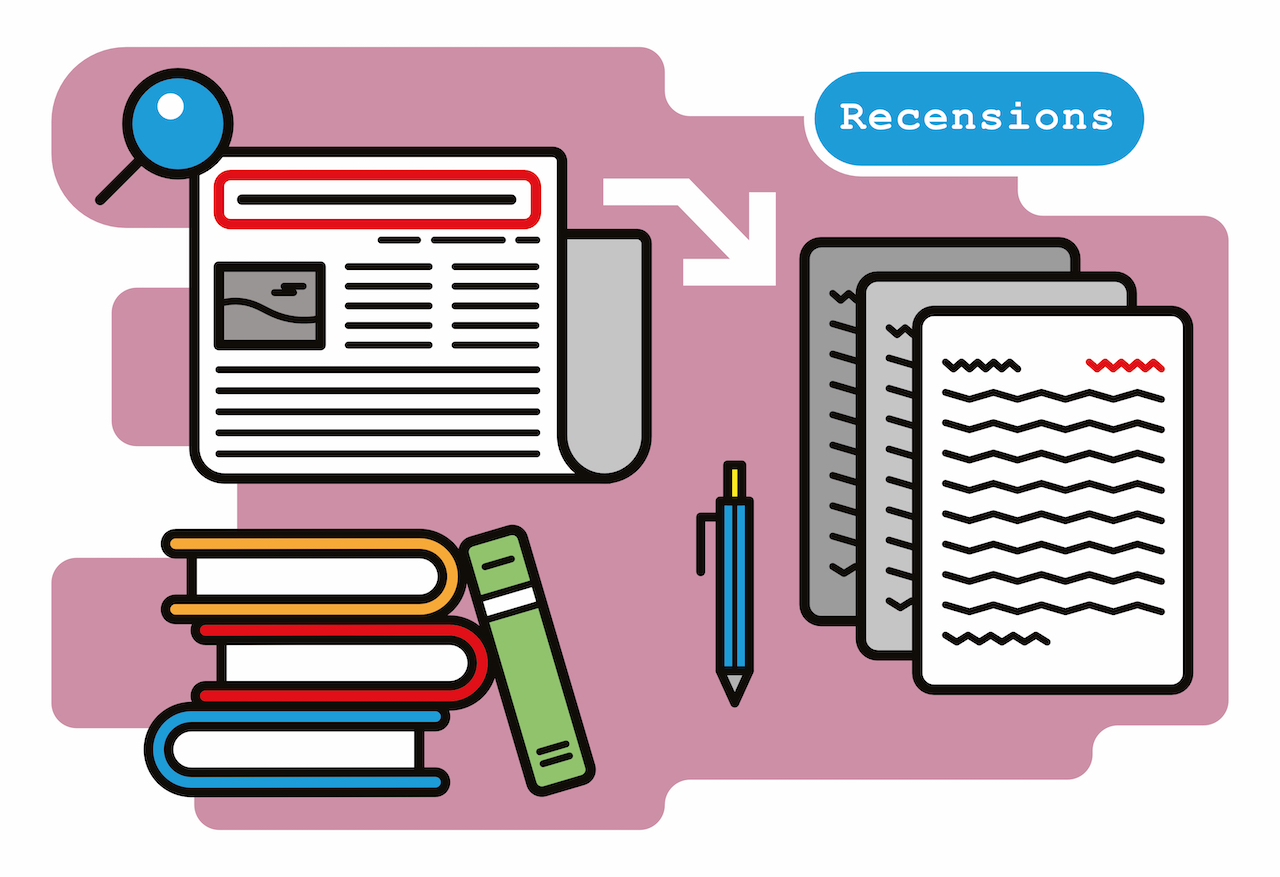Fiche du document
2024
- doi: 10.3389/phrs.2024.1606968
- issn: 0301-0422
Ce document est lié à :
info:eu-repo/semantics/altIdentifier/doi/10.3389/phrs.2024.1606968
Ce document est lié à :
info:eu-repo/semantics/altIdentifier/pmid/38751606
Ce document est lié à :
info:eu-repo/semantics/altIdentifier/pissn/0301-0422
Ce document est lié à :
info:eu-repo/semantics/altIdentifier/urn/urn:nbn:ch:serval-BIB_86F369A226C88
info:eu-repo/semantics/openAccess , CC BY 4.0 , https://creativecommons.org/licenses/by/4.0/
Sujets proches
Scientific research Science research Science--ResearchCiter ce document
J.B. du Prel et al., « The Relationship Between Work-Related Stress and Depression: A Scoping Review. », Serveur académique Lausannois, ID : 10.3389/phrs.2024.1606968
Métriques
Partage / Export
Résumé
Work-related stress is highly prevalent. Recent systematic reviews concluded on a significant association between common work-related stress measures and depression. Our scoping review aims to explore whether work-related psychosocial stress is generally associated with depression or depressiveness, the extent and methodology of the primary research undertaken on this topic and to elucidate inconsistencies or gaps in knowledge. We searched for literature in Pubmed, PsycInfo and Web of Science including full reports in seven languages published between 1999 and 2022 and applied the PRISMA statement for scoping reviews criteria. Of 463 primarily identified articles, 125 were retained after abstract and full-text screening. The majority report significant associations between work-related stress and depression. Cross-sectional studies are most prevalent. Sufficient evidence exists only for job strain and effort-reward imbalance. Most studies are from Asia, North America and Europe. The health sector is the most studied. Several research gaps such as the lack of interventional studies were identified. The consistency of most studies on the significant association between work-related stress and depression is remarkable. More studies are needed to improve evidence and to close research gaps.
